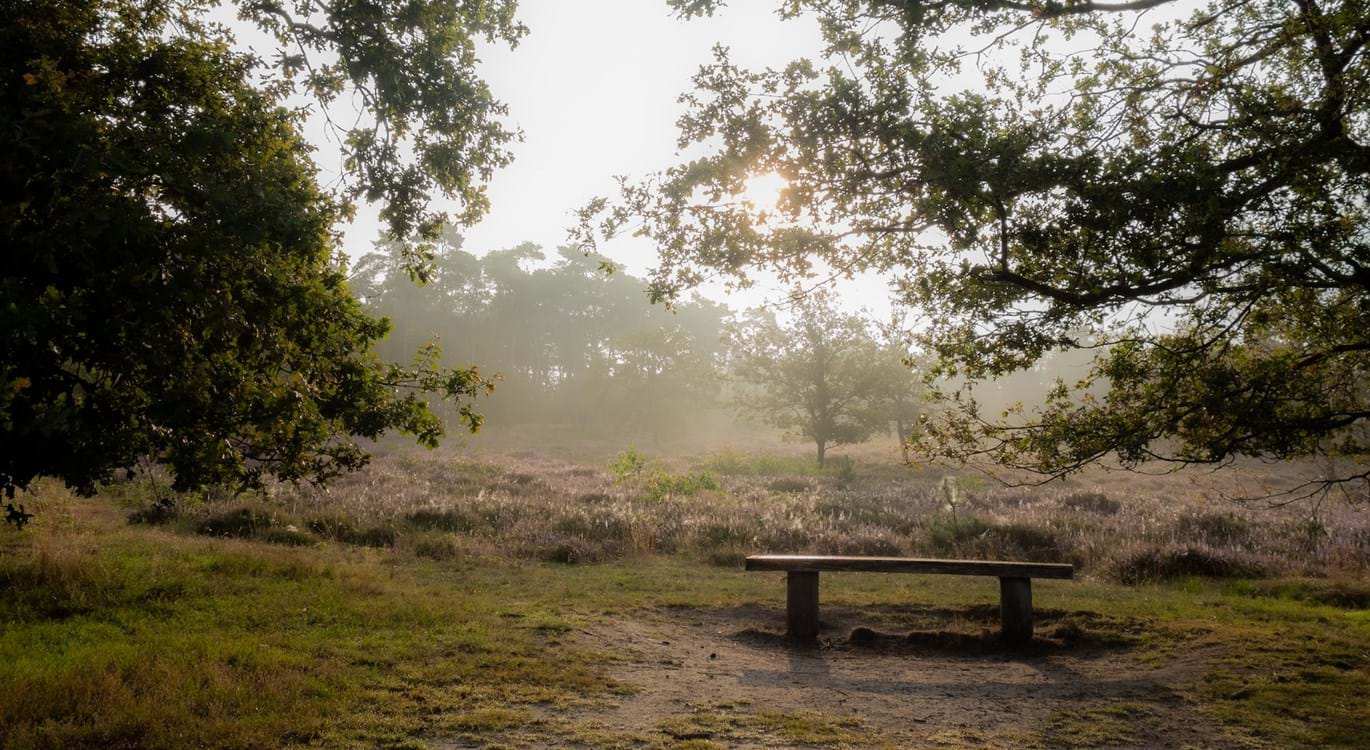Clearly, the Saviour meant more than simply resting from one’s labours at the end of a busy day or having a time of vacation once a year. To understand His intended meaning, it will be important to look back at the Old Testament idea of rest before seeing how this comes to fulfilment in Christ.
Any consideration of biblical rest must begin at the first reference to it, which is in connection with creation. In the Genesis record we are told that God rested from His work on the seventh day (Genesis 2:2). Thus the Lord God established a principle for mankind that continues to have relevance even to this day; rest is a God-given blessing to be enjoyed by all of His creation.
Following their escape from slavery in Egypt, the Israelites were given laws by God to govern every aspect of life. This included incorporating regular seasons of rest into their calendar. Consequently, the seventh day (Exodus 20:8-11), the seventh year (Leviticus 25:1-7) and the fiftieth year (seven lots of seven years, plus one – Leviticus 25:8-12) were to be periods of rest for the people, the livestock and the land.
Indeed, the land of Canaan itself, to which He promised to take them, was to be a place of rest for God’s chosen people (Deuteronomy 12:8-14). That rest was understood primarily in a temporal sense. For example, Ruth sought rest under the protection of Boaz, her potential redeemer (Ruth 3:1-18). In doing so, she looked for a life in which she would be cared for and protected and, in this, she pictured the desires of every faithful Israelite man and woman for protection and rest from God, their Redeemer, within the land of Canaan. In short, rest was to be a condition under which God’s people could flourish throughout their lives on earth.
Had Israel been faithful to the covenant that the Lord made with them, the Promised Land would certainly have been the place where they enjoyed peace and prosperity, free from the fear of enemy attack (Leviticus 26:3-9). However, conquest of the land under Joshua, and their subsequent occupation of it, failed to give them the rest they so earnestly desired (Hebrews 4:8). The reason was that Israel failed to remain faithful to the Lord and His covenant and so the people constantly found themselves under attack from hostile forces that God sent among them. Indeed, rest in Canaan could never have been God’s ultimate design for His children; it was merely a shadow of the spiritual, as well as physical, rest to come. Perfect rest would only be made possible through the advent of Messiah, the Prince of Peace.
Consequently, the New Testament opens with Israel still falling short of God’s perfect rest and now under the oppressive rule of Rome. Into that scene God sent His Son and, as was stated above, Jesus was able to offer a deeper and more permanent form of rest than would ever have been possible under the old covenant. Sin is an awful burden and it weighed heavily upon the people of Israel. In addition to a suffocating sense of guilt, the people of Jesus’ day had a heavy load placed upon them by their leaders who dictated that innumerable traditions, not mandated by God, must be followed religiously. Even those laws which were God-given were not intended to take away a person’s sin; the Israelites’ inability to keep the law should have pointed to their need of a Saviour, One who could deliver them from sin’s tyranny. With the coming of the Lord Jesus, that Saviour had arrived and He was able to offer freedom from everything that could ever weigh a person down.
Now as then, trusting Christ as Saviour leads to the immediate gift of eternal life and sets a person free from the burden of sin and the impossible task of trying to free ourselves from it in our own strength. Through the Holy Spirit, we who believe enjoy a foretaste of what is to come one day. However, as the Book of Hebrews makes clear, the ultimate “Sabbath rest” remains in the future (Hebrews 4:9-11). The rest of which the Jewish Sabbath was a foreshadowing will be inaugurated by the coming of Christ to reign over the world at the end of the age. Only then will the earth see an end to war and a time of universal peace and prosperity. Believers will enjoy the blessedness of eternal life through the One who offers rest to all who are willing to come unto Him.































